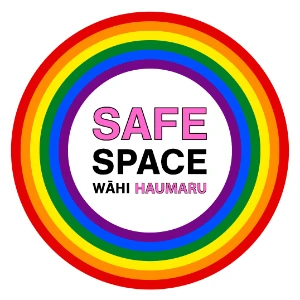"*" indicates required fields

A long list of ministers and leaders found at fault for allowing abuse in care
The 112 politicians and senior public servants who oversaw decades of harm and neglect, plus those who have been asked to apologise.
The final report of the Royal Commission of Inquiry into Abuse in Care finds that a successive list of senior ministers and public servants were at fault for allowing, or failing to stop, an epidemic of abuse in foster homes, borstals, boot camps and other state-run institutions.
The list of people found at fault includes successive ministers of education, health and social development, commissioners of police, directors-general of health, directors of mental health and the chief executives of several ministries. The Royal Commission report does not list individual names of people at fault, only the job titles.
The Spinoff has been able to verify 112 people who served in those roles from 1950 to 1999. Much of the harm started before 1950 and has continued to present day, but this list is limited to those years to match the Royal Commission’s period of inquiry.
These individuals were found to have enabled the abuse through a range of actions, including: implementing harmful policies, failing to investigate abuse, failing to properly train staff, failing to keep children safe, illegally detaining young people, ignoring the perspectives of communities affected, contributing to abusive environments, upholding institutional and structural racism, failing to address racist policies, alienating Māori from their whānau and failing to provide redress for survivors.
Obviously, these politicians and public servants were not individuals who carried out most of the day-to-day physical, sexual, mental and emotional abuse on thousands of vulnerable young people. Nor were they the only people in positions of power who contributed to harm. But as the most senior leaders of powerful government entities, they held the ultimate responsibility.



